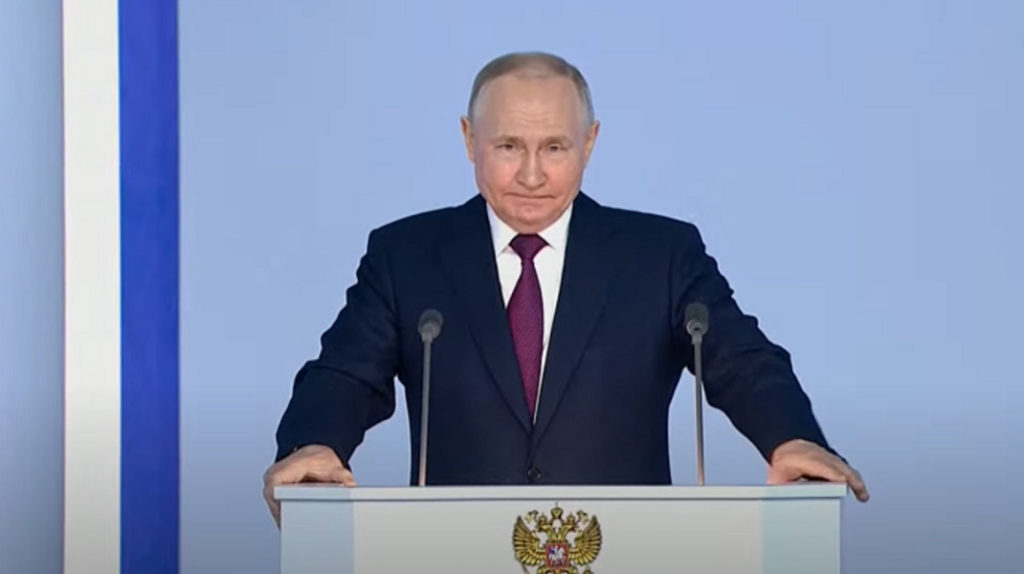Having occupied the Crimean peninsula in 2014 and unleashed a full-scale war against Ukraine in 2022, Putin was counting on the West’s indecision in reacting to Russia’s violation of international law, which in turn would allow the Kremlin to easily tackle the sanctions imposed on it.
But reality has proven that the collective West will make Russia pay in full for the crimes it has been committing. In particular, the European judiciary is doing its utmost to force the Russian Federation to pay for the damage inflicted on Ukraine.
On December 5, the High Court of England and Wales upheld the ruling of the arbitration in The Hague, which ordered Russia to pay $5 billion to the companies of the Naftogaz Group over the damage caused as a result of the illegal annexation of Crimea. In particular, the British court’s order recognizes the arbitration award to compensate Naftogaz for damages, including interest, in the amount of $5 billion, as well as a a partial arbitration award on jurisdiction and liability.
The Ukrainian side welcomed the judgment handed down by the British court, stating that if the aggressor voluntarily fails to pay up, all available mechanisms will be employed to recover these funds in the target jurisdictions where Russian assets have been placed.
Also, bad news for Russia came from Germany. In particular, the Federal Prosecutor, Peter Frank, filed a petition with the Higher Regional Court of Frankfurt am Main for the purpose of confiscation of EUR 720 million of previously immobilized Russian assets. In the event of a positive ruling by the German court, this will form a precedent for both Germany and the entire EU because before this, Russian assets in the country remained frozen without being actually seized by government.
All of these alarming signals for Russia point to a negative trend regarding the future fate of Russian frozen assets. Even more so, against the background of the incessant discussion by G7 leaders of the need to create legal mechanisms for their confiscation and the subsequent transfer to Ukraine.

